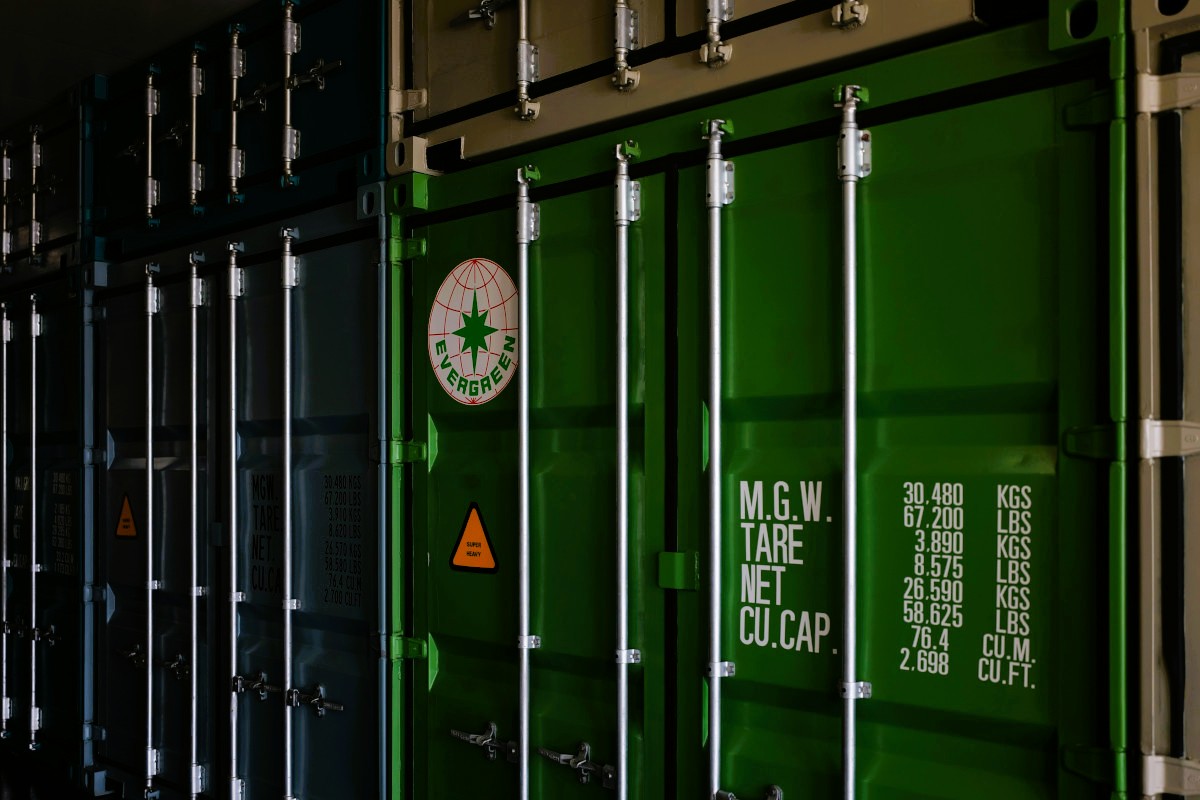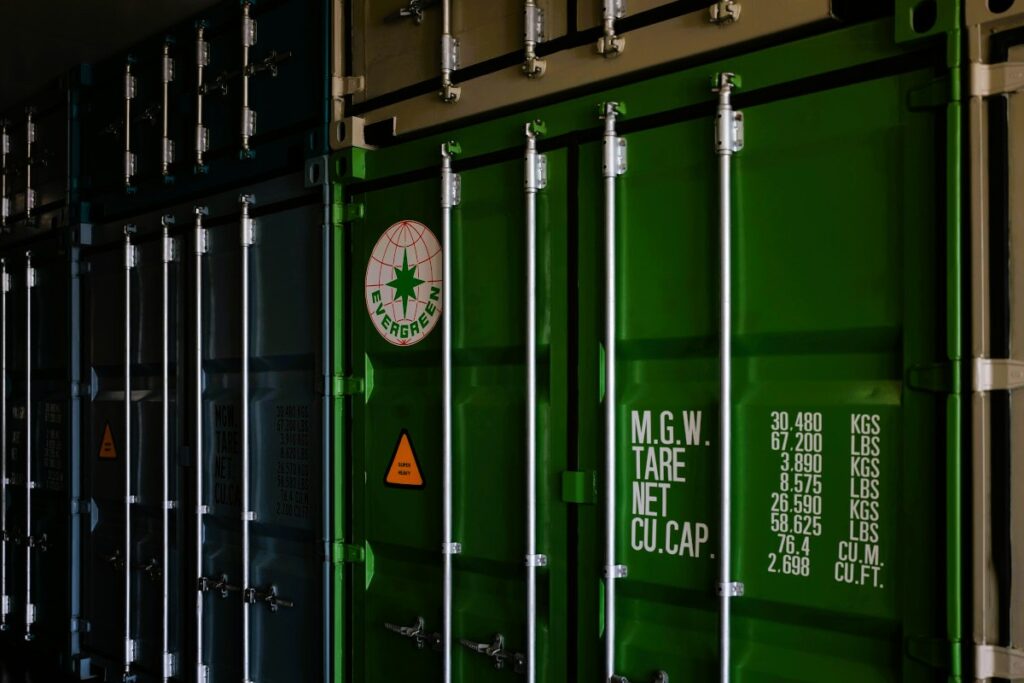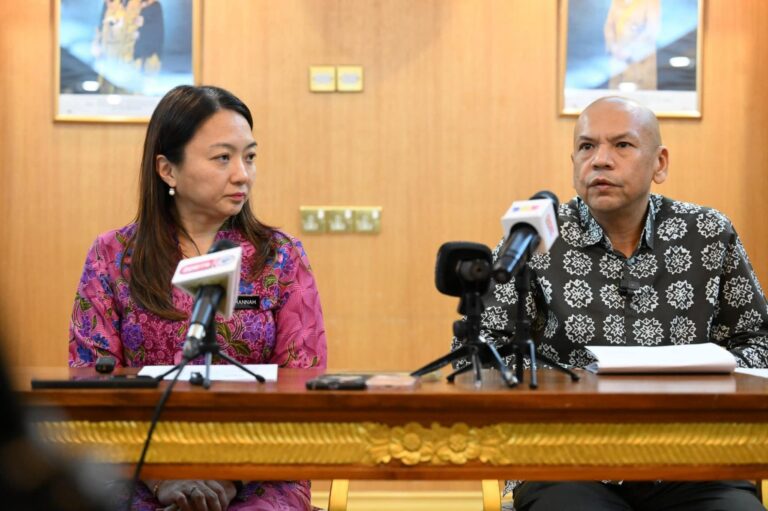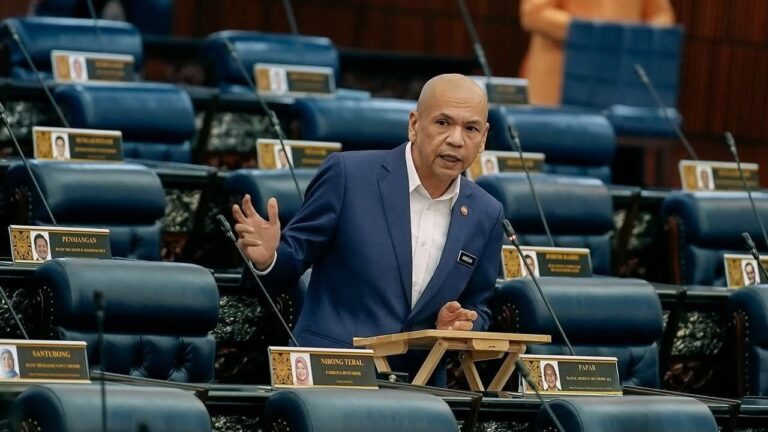
By: Dr. Cheah Chan Fatt
Malaysia’s logistics sector is at a transformative juncture, as the nation strives to align its infrastructure with pressing environmental goals and the global drive toward carbon neutrality. One key component that demands strategic reinvention is the logistics depot. Traditionally perceived as operational backbones of the supply chain—handling storage, fleet coordination, and distribution—these depots often carry a heavy environmental burden due to energy-intensive operations, inefficient waste management, and reliance on outdated technologies.

Reimagining logistics depots as eco-efficient, technologically advanced facilities offers Malaysia a powerful opportunity to reshape its supply chain ecosystem. Green depots not only reduce emissions and operational costs but also enhance overall efficiency and public well-being by limiting pollution and contributing to healthier communities. More importantly, they support the Environmental, Social, and Governance (ESG) ambitions of businesses, meeting increasing investor and consumer expectations for sustainability transparency and accountability.
To fulfil their promise, these next-generation depots must be designed with a holistic sustainability mindset. They should be powered by renewable energy systems, such as solar panels and smart grids, and optimised through advanced technologies like AI, robotics, and IoT-based monitoring tools. Real-time dashboards can help track energy consumption, carbon emissions, and waste, enabling data-driven decision-making. Infrastructure should prioritise resource circularity, incorporating rainwater harvesting, greywater reuse, and automated recycling mechanisms that support a zero-waste future. At the architectural level, building materials and design must adhere to green standards, ensuring thermal efficiency and minimal environmental disruption.
High technology plays a central role in this evolution. Machine learning and digital twins allow depot managers to simulate scenarios and predict operational efficiencies before implementation. Blockchain applications enhance supply chain transparency, offering traceability and verification for ESG-related claims. These innovations not only enable more agile and responsible logistics but also foster industry-wide digitalisation and resilience, key traits for navigating climate-related disruptions and consumer shifts.
Equally vital is the active involvement and endorsement of Malaysia’s local authorities in mainstreaming sustainable logistics. Government agencies and municipal councils must establish clear certification pathways, compliance benchmarks, and incentive structures to guide and validate green logistics development. The creation of recognised eco-certifications for depots—anchored in national environmental and industrial standards—can foster consistency and credibility across projects. Local authority support through fast-tracked permits, tax relief, technical advisory services, and integration with existing planning frameworks will accelerate industry adoption and unlock scalable impact. When municipalities champion green depots as part of their urban and transport development strategies, it signals a shared commitment to environmental stewardship and economic resilience.
Policy coherence and industry-academic collaboration are essential to mainstream this transformation. Malaysia’s National Transport Policy (2019–2030), Green Technology Master Plan, and Low Carbon Cities Framework lay down a strategic foundation. Integrating green depot initiatives within these agendas could unlock synergistic benefits, particularly if paired with incentives such as carbon credits, sustainability-linked loans, and capacity-building grants. Cross-sector partnerships can ensure that technological innovation is matched with workforce upskilling and knowledge dissemination.
The urgency is undeniable. As urbanisation accelerates, e-commerce surges, and climate risks intensify, the traditional model of logistics operations is no longer tenable. Malaysia must act decisively, with sustainability embedded in infrastructure planning, to future-proof its economy and reinforce its regional leadership in green development. Investing in smart, certified sustainable logistics depots is not just a climate imperative—it’s a strategic enabler of competitiveness, innovation, and inclusive progress.

The author is a Research Fellow at the Ungku Aziz Centre for Development Studies (UAC), Universiti Malaya















